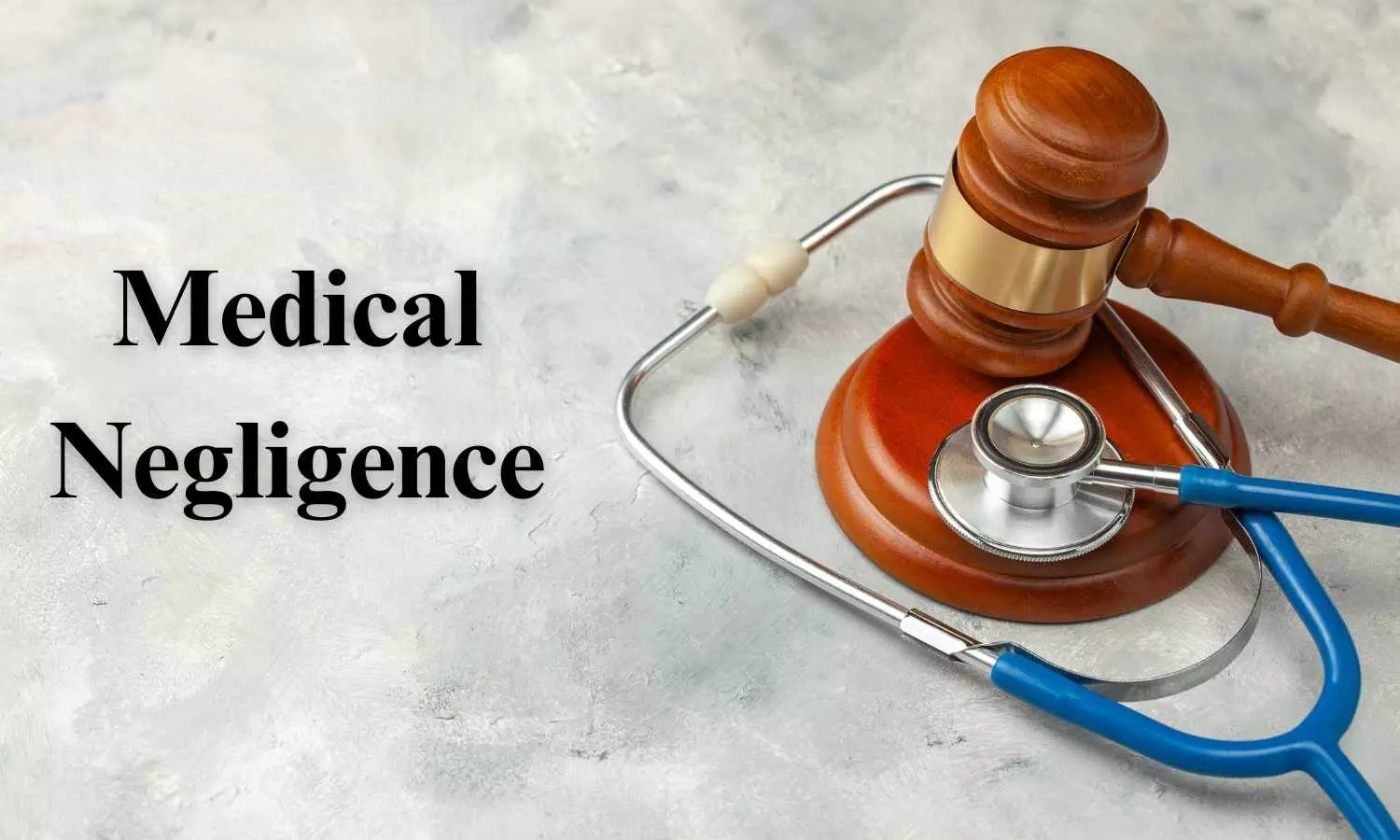During proceedings in a medical negligence case, the Allahabad High Court expressed strong concern over how private hospitals and nursing homes operate, likening their practices to using patients as “guinea pigs” and “ATMs” for monetary gain. Justice Prashant Kumar, who delivered the ruling, noted that many such facilities lack proper infrastructure or qualified staff but still admit patients, calling doctors only afterward for treatment. The Court’s remarks highlight a systemic issue where financial motivations often trump patient safety.
“It is common knowledge that the private hospitals/nursing homes have started treating the patients as guinea pig/ATM machines only to extort money out of them,” the court observed.
Background: A Delayed Surgery and a Fetus’s Death
The case involved a 2007 incident where a pregnant woman was admitted to a private nursing home owned by the accused doctor. Despite the absence of an anesthetist, the woman was admitted for surgery, and by the time the operation was conducted, the fetus had died. According to the FIR, the patient was admitted on July 28 at 10:30 AM, but surgery took place only at 5:30 PM on July 29 due to lack of anesthetic support.
Allegedly, when the family raised objections after the death, they were assaulted by the hospital staff. A post-mortem was conducted, and a Medical Board was formed to investigate the matter.
Conflicting Reports, Protest Petition, and Prima Facie Case
Initially, the Medical Board concluded there was no negligence. However, the complainant filed a protest petition, asserting that the board failed to consider the post-mortem report, which cited “prolonged labor” as the cause of death. The Magistrate accepted the protest petition, dismissed the final clean-chit report, and issued summons, stating there was a prima facie case of medical negligence.
The accused doctor challenged the order, claiming he held all necessary qualifications and had acted responsibly. However, the High Court found inconsistencies in hospital records, operation timings, and admission notes—undermining the defense.
Court’s Balancing Act: Protecting Doctors, Punishing Negligence
The court acknowledged that doctors must be protected from frivolous criminal prosecution to prevent a chilling effect on medical professionals. But it also emphasized that such protection only applies when treatment is rendered with skill and due diligence.
“A criminal liability occurs if ordinary care is not taken… the true test is to see whether the doctor was guilty of not acting with ordinary care,” the court stated.
In this case, the court found that the delay in surgery due to unavailability of anesthetist contributed to the death, and the contradictions in documentation further weakened the doctor’s defense. Hence, it refused to quash the summons.



